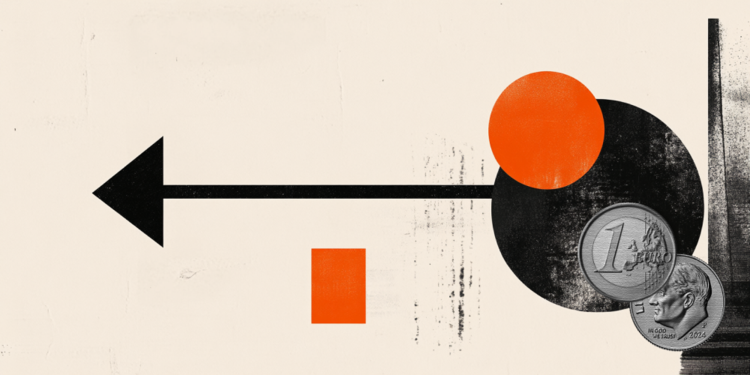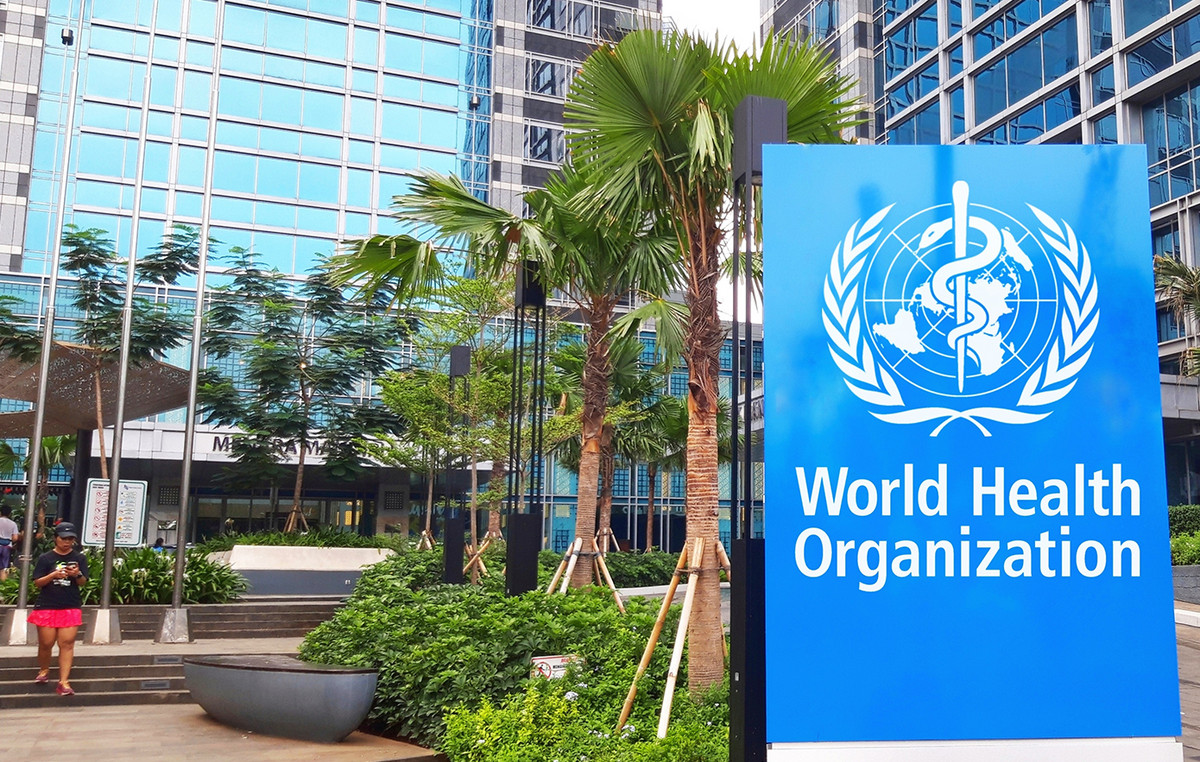Dialysis clinics in Brazil, affiliated to the Unified Health System (SUS), are experiencing a financial crisis and several are at risk of closing operations in the coming months – which could affect the treatment of up to 140,000 Brazilians. The worrying scenario was verified by the report of the CNN after consulting more than ten businessmen in the sector, in addition to the Brazilian Association of Dialysis and Transplant Centers (ABCDT).
Currently, Brazil has about 800 dialysis clinics. Most face financial problems caused by inflationary pressure and the rise in the dollar in recent months. According to Marcos Vieira, president of ABCDT, the transfer made by the Ministry of Health did not follow the current economic scenario, leaving the sector with a lag close to 40% in costs.
A survey carried out by ABCDT points out that, in the last five years, almost 40 clinics have closed in the country. Other dozens chose not to serve more SUS patients. And the scenario is shared by a large part of the sector, as the report by CNN in conjunction with the segment entity.
Also according to ABCDT, “the increases in dialysis costs, in the order of 39%, range from higher expenses with health teams to significant increases in the prices of imported equipment and inputs, due to the devaluation of the real, and the inflationary pressure” . Some inputs increased by almost 800% in 2021, according to entrepreneurs in the sector. CNN .
“We have approximately 800 clinics and this is still a small number, given that the country has more than 5,000 municipalities and many are unattended, causing patients to have to travel to neighboring cities, at least three times a week, to be treated. . We have many clinics in financial difficulties to continue providing services. After several negotiations with the federal government, we obtained a 12.5% readjustment in the SUS table this year, a value that helps, but still does not even cover inflation losses”, highlighted the president of ABCDT, Marcos Vieira.
Dialysis clinics, among the various procedures, perform hemodialysis, a method in which a machine filters and cleans the patient’s blood, performing part of the work that the diseased kidney cannot do. The treatment removes harmful waste from the body, such as excess salt and fluids. And despite being private, the dialysis units in Brazil serve mostly people welcomed by the SUS, according to ABCDT.
Faced with the difficulties of the sector, entrepreneurs of a dialysis clinic in Conselheiro Lafayete, Minas Gerais, stated that they have reached the financial limit and that they can close operations if they are not financially supported. In an open letter, obtained by the CNN the managers of the Santo Antônio Clinic for Renal Diseases disclosed that patients from the unit already need to be transferred to other establishments due to financial infeasibility.
“The Santo Antônio Clinic for Renal Diseases, despite being a private entity, serves the population of the region that has chronic renal failure, almost exclusively, through the SUS agreement. Currently, around 1,900 sessions are held per month. However, each session costs BRL 279.88, but the SUS transfer is only BRL 194.20”, says an excerpt from the document.
The report of CNN also spoke with Felipe Mendes, manager of the Gamen clinic, located in the North Zone of the city of Rio de Janeiro. According to him, the unit is close to the scenario experienced by the MSF Renal Treatment clinic, in the Federal District, which reached “insolvency” and ended operations at the end of February.
“We have the only clinic in the state of Rio de Janeiro that performs hemodialysis in children, that is, we have a very important role here. And for many years we have been experiencing this lag in the price of the procedure, which here in Rio de Janeiro reaches 60%, higher than the national average. In 2021, the federal government made a readjustment, however, the value does not supply the many years we have been without an increase. It’s a snowball that keeps growing, mainly because all inputs and equipment are quoted in dollars”, highlighted Felipe Mendes.
In the same situation, Renal Clínica de Goiânia, which has existed for 25 years, has been in debt for a year. The clinic, which treats nearly 200 patients a month, has not been able to buy new machines for at least five years, according to site managers.
Nephrologist Viviane Elizabeth de Oliveira also recalls that clinics faced many difficulties during the Covid-19 pandemic, with high price readjustments of inputs. She points out that the cost of the glove box has more than doubled in the country since the beginning of the health crisis due to the greater demand for the material.
“In my clinic alone we use an average of 150 to 170 boxes of procedure gloves per month. And with the pandemic we increased this volume. Before, we paid R$17 a box, then it rose to R$90 at the height of the health crisis. And today, even with the drop in prices, it is still around R$ 40”, explained the doctor.
wanted by CNN , the Ministry of Health stated that “there are no delays in the reimbursement of procedures” and that the transplant centers are “refunded upon presentation of the production of procedures by the SUS”. Finally, the federal government, through the folder, adds that 15,900 kidney and 355 kidney/pancreas transplants were performed between 2019 and 2021.
Source: CNN Brasil







